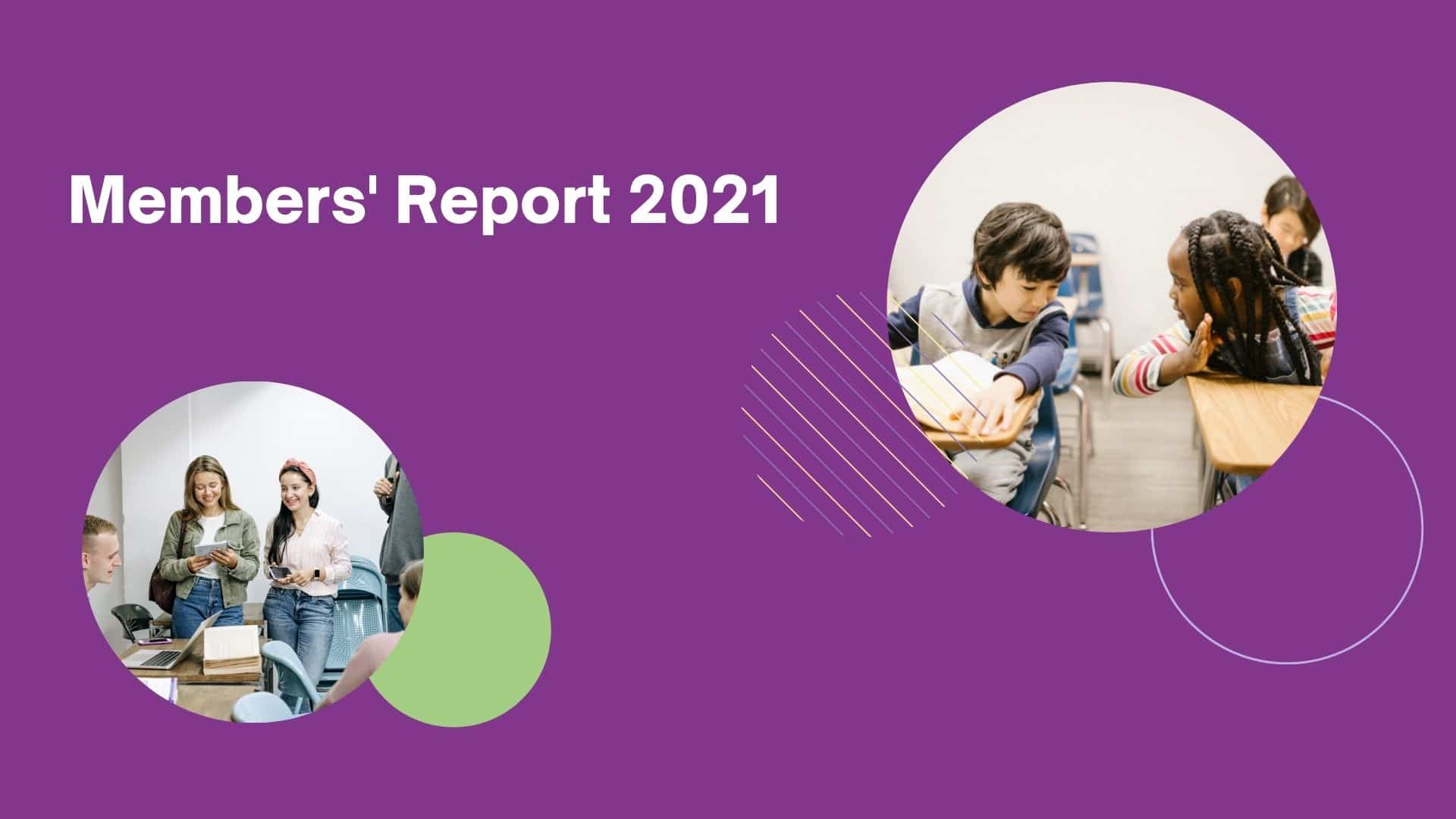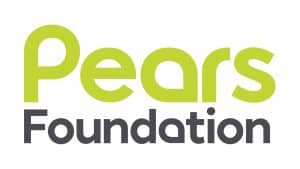We are proud to launch our Members’ Report 2021. The report is based on the unique insights gathered from the Coalition’s member organisations, as well as from young people and parents. In the report, we reflect on the impact of the pandemic from the perspective of our members, children and young people, and parents/carers.
Education, community and health settings are vital sources of support for infant, children and young people’s mental health, but our findings highlight the many shortcomings these settings still face, despite recent policy initiatives and investment to increase the availability of support.
The impact of the Covid-19 pandemic
Many of those we spoke to stressed the challenges of living, working and being educated through-out a global pandemic. There is wide recognition that the pandemic has resulted in rising mental health need. Recent data from NHS Digital shows that mental health problems have increased from one in nine 6 to 16 year olds in 2017 to one in six in 2021.
‘There are definitely cases where it has caused mental health issues.’ [Young person]
The Covid-19 pandemic has also placed additional pressures on mental health support services, with many of our members from the voluntary and community sector reporting a surge in demand for their services.
‘We have been taking 60/70 referrals a month and have been since September….nothing you ever do feels enough.’ [Member organisation]
At the same time, many of these organisations are facing significant financial challenges, and some of our members expressed concern about their future sustainability.
Mental health support in education
Whilst many of our members welcomed the increased availability of support within education settings through the green paper proposals, many expressed concern that the scale and speed of the roll out of Mental Health Support Teams (MHSTs) is slow and many children with mental health needs are still falling through the gaps in support.
‘I feel schools are such a key aspect of educating society in general on what mental health really is and how we can stay healthy.’ [Young person]
Whole education approaches are crucial to promote and support the mental health and wellbeing of all pupils and students. We have long been calling for such approaches to be fully implemented across the country, but significant gaps still remain. In particular, gaps have been identified in relation to how children and young people’s behaviour is being addressed in schools through the use of punitive approaches to behaviour management. Too often, children and young people are punished for behaviours that are linked to their mental health.
Overall, our conversations emphasised the need for a more systematic implementation of a whole education approach, which needs to be sufficiently resourced and prioritised.
Mental health in communities
Early support services within the community are key in providing preventative and early intervention support to babies, children and young people. However, a lack of priority and investment in these services has left many with nowhere to turn when mental health needs first start to emerge. Where these services do exist, they are reliant on short-term and fragmented funding contracts, with local authorities and the NHS taking varying levels of responsibility for provision in local areas.
‘You know, it’s just being a bit more accessible, we have access to the physical health so we can have it for the mental health. I think that would really help with early intervention.’ [Young person]
There has been widespread support for the establishment of a national network of early support hubs to provide easy-to-access, drop-in mental health support for young people, on a self-referral basis. Alongside Centre for Mental Health, Mind, The Children’s Society, Black Thrive Global, YoungMinds and Youth Access, we have been calling for a full national roll out of early support hubs to ensure that young people in England can access early support for their mental health as part of the #FundTheHubs campaign.
Mental health support in health settings
While ongoing commitments to expand and transform specialist mental health services for children and young people are welcomed as part of the NHS Long Term Plan, progress on the ground continues to be slow and variable. Children and young people who need urgent support still struggle to get the support they need from NHS specialist services as a result of high thresholds, long waiting times, workforce shortages and rising referrals.
‘I think all that support forgets that not all young people will go down the traditional route of accessing CAMHS or NHS support and for whatever reason it is, whether it’s where they live or they don’t feel comfortable accessing those services, or they don’t meet the criteria.’ [Young person]
There are opportunities to build on existing government initiatives to increase access to specialist mental health provision, grow the workforce through greater investment and set out a clearer implementation roadmap. The Government should re-affirm its commitment to the NHS Long Term Plan and ensure that the recent funding settlement for the NHS can be used to deliver for children and young people’s mental health.
What next?
Whilst steps have been taken in recent years to increase the availability of mental health support, our findings are clear that babies, children and young people are still struggling to get the support they need at the right time. At the Coalition, we will continue to work hard to ensure we have a mental health system that prioritises and invests in children and young people.
We would like to say a massive thank you to all of our members, young people and parents/carers who shared their insight and experience with us.
Charlotte Rainer, Coalition Lead, CYPMHC





